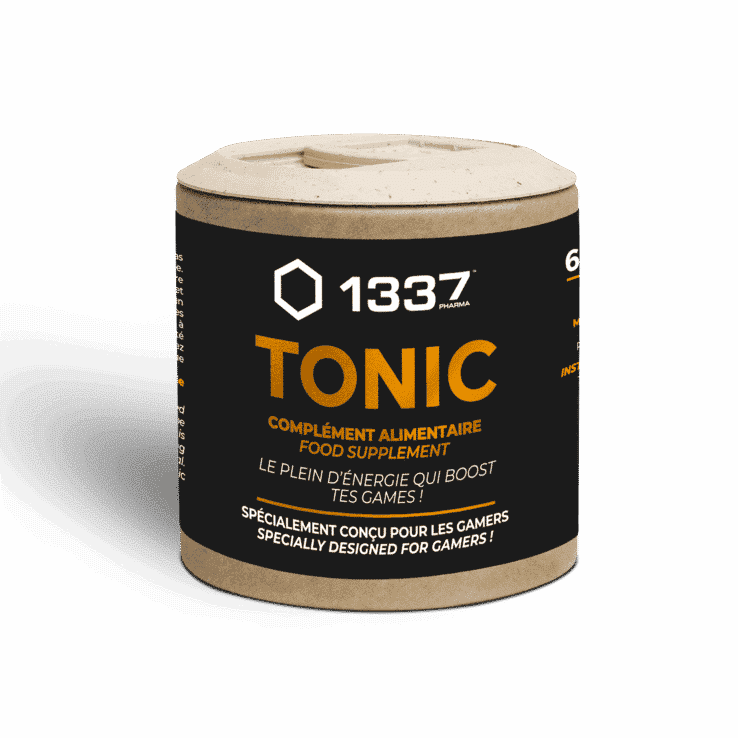Le Ginseng
Ingrédient
Qu’est ce que le Ginseng ?
D’où provient-il ?
Pourquoi est-il utilisé ?
Quels sont les bénéfices ?
Bibliographie
Qu'est-ce-que le Ginseng ?
Le ginseng est un genre de plantes vivaces caduques à croissance lente de la famille des Araliaceae. C’est une plante courte à croissance lente et aux racines charnues peut être divisée en trois catégories, fraîche, blanche ou rouge, en fonction de la durée de croissance. Le ginseng frais est récolté il y a 4 ans, le ginseng blanc est récolté 4 à 6 ans plus tard et le ginseng rouge est récolté plus de 6 ans plus tard. Il existe de nombreuses espèces de cette plante, mais les plus populaires sont le ginseng américain (Panax quinquefolius) et le ginseng asiatique (Panax ginseng). Le ginseng américain et le ginseng asiatique ont différents niveaux d’ingrédients actifs et différents effets sur le corps.
On pense que le ginseng américain agit comme un agent relaxant, tandis que la variété asiatique a un effet revigorant. (D.-H. Kim, 2012; E.-Y. Park et al., 2014) Le ginseng contient deux composés importants : les ginsénosides et la gintonine. Ces composés se complètent pour offrir des avantages pour la santé (Im & Nah, 2013)
D’où provient-il ?
Les plantes de Ginseng poussent principalement Amérique du Nord, de Corée du Sud, du Bhoutan et de Sibérie ; dans les forêts de climat froid, les bois et les sous-bois.
Pourquoi est-il utilisé ?
1. Il a été démontré que le ginseng aide à réduire les marqueurs inflammatoires et à aider à protéger contre le stress oxydatif.
▪ (Dong et al., 2013; Hong & Lyu, 2011; Jung et al., 2011; Lee & Lau, 2011; B.-G. Park et al., 2013; Seo et al., 2014)
2. Il a été démontré que le ginseng est bénéfique pour les fonctions mentales mentales, aux sentiments de calme et à l’humeur, tant chez les personnes en bonne santé que chez les de la maladie d’Alzheimer.
▪ (Abdel-Aal et al., 2013; Choi et al., 2013; Ellis & Reddy, 2002; Geng et al., 2010; Heo et al., 2008, 2011; Oh & Kim, 2016; Reay et al., 2005)
3. Le ginseng peut aider à combattre la fatigue et à améliorer l’activité physique en réduisant les lésions oxydatives et en augmentant la production d’énergie dans les cellules.
▪ (Bach et al., 2016; Barton et al., 2013; Kang et al., 2015; H.-G. Kim et al., 2013; Wang et al.,
2010, 2014)

Quels sont les bénéfices ?
Les recherches montrent que le ginseng est un allié pour aider à stimuler le système immunitaire, combattre la fatigue physique et intellectuelle, ou encore pour aider les convalescents à reprendre des forces. Ce sont les ginsénosides, les substances actives du ginseng, qui lui confèrent son pourvoir thérapeutique.
Découvre d’autres plantes utilisées dans nos produits
Bibliographie
1. Abdel-Aal, E.-S. M., Akhtar, H., Zaheer, K., & Ali, R. (2013). Dietary sources of lutein and zeaxanthin carotenoids and their role in eye health. Nutrients, 5(4), 1169-1185. https://doi.org/10.3390/nu50411692. 2. Bach, H. V., Kim, J., Myung, S. K., & Cho, Y. A. (2016). Efficacy of Ginseng Supplements on Fatigue and Physical Performance : A Meta-analysis. Journal of Korean Medical Science, 31(12), 1879‐1886.
https://doi.org/10.3346/jkms.2016.31.12.1879
3. Barton, D. L., Liu, H., Dakhil, S. R., Linquist, B., Sloan, J. A., Nichols, C. R., McGinn, T. W., Stella, P. J., Seeger, G. R., Sood, A., & Loprinzi, C. L. (2013). Wisconsin Ginseng (Panax quinquefolius) to improve cancer-related fatigue : A randomized, double-blind trial, N07C2. Journal of the National Cancer Institute, 105(16), 1230‐1238.
https://doi.org/10.1093/jnci/djt181
4. Choi, J., Kim, T.-H., Choi, T.-Y., & Lee, M. S. (2013). Ginseng for health care : A systematic review of randomized controlled trials in Korean literature. PloS One, 8(4), e59978.
https://doi.org/10.1371/journal.pone.0059978
5. Dong, G.-Z., Jang, E. J., Kang, S. H., Cho, I. J., Park, S.-D., Kim, S. C., & Kim, Y. W. (2013). Red ginseng abrogates oxidative stress via mitochondria protection mediated by LKB1-AMPK pathway. BMC Complementary and Alternative Medicine, 13, 64. https://doi.org/10.1186/1472-6882-13-64
6. Ellis, J. M., & Reddy, P. (2002). Effects of Panax ginseng on quality of life. The Annals of Pharmacotherapy, 36(3), 375‐379. https://doi.org/10.1345/aph.1A245
7. Geng, J., Dong, J., Ni, H., Lee, M. S., Wu, T., Jiang, K., Wang, G., Zhou, A. L., & Malouf, R. (2010). Ginseng for cognition. The Cochrane Database of Systematic Reviews, 12, CD007769.
https://doi.org/10.1002/14651858.CD007769.pub2
8. Heo, J.-H., Lee, S.-T., Chu, K., Oh, M. J., Park, H.-J., Shim, J.-Y., & Kim, M. (2008). An open-label trial of Korean red ginseng as an adjuvant treatment for cognitive impairment in patients with Alzheimer’s disease. European Journal of Neurology, 15(8), 865‐868. https://doi.org/10.1111/j.1468-1331.2008.02157.x
9. Heo, J.-H., Lee, S.-T., Oh, M. J., Park, H.-J., Shim, J.-Y., Chu, K., & Kim, M. (2011). Improvement of cognitive deficit in Alzheimer’s disease patients by long term treatment with korean red ginseng. Journal of Ginseng Research, 35(4), 457‐461. https://doi.org/10.5142/jgr.2011.35.4.457
10. Hong, C.-E., & Lyu, S.-Y. (2011). Anti-inflammatory and Anti-oxidative Effects of Korean Red Ginseng Extract in Human Keratinocytes. Immune Network, 11(1), 42‐49. https://doi.org/10.4110/in.2011.11.1.42
11. Im, D., & Nah, S. (2013). Yin and Yang of ginseng pharmacology : Ginsenosides vs gintonin. Acta Pharmacologica Sinica, 34(11), 1367‐1373. https://doi.org/10.1038/aps.2013.100
12. Jung, H. L., Kwak, H. E., Kim, S. S., Kim, Y. C., Lee, C. D., Byurn, H. K., & Kang, H. Y. (2011). Effects of Panax ginseng supplementation on muscle damage and inflammation after uphill treadmill running in humans. The American Journal of Chinese Medicine, 39(3), 441‐450. https://doi.org/10.1142/S0192415X11008944
13. Kang, D.-Z., Hong, H.-D., Kim, K.-I., & Choi, S. Y. (2015). Anti-Fatigue Effects of Fermented Rhodiola rosea Extract in Mice. Preventive Nutrition and Food Science, 20(1), 38‐42. https://doi.org/10.3746/pnf.2015.20.1.38
14. Kim, D.-H. (2012). Chemical Diversity of Panax ginseng, Panax quinquifolium, and Panax notoginseng. Journal of Ginseng Research, 36(1), 1‐15. https://doi.org/10.5142/jgr.2012.36.1.1
15. Kim, H.-G., Cho, J.-H., Yoo, S.-R., Lee, J.-S., Han, J.-M., Lee, N.-H., Ahn, Y.-C., & Son, C.-G. (2013). Antifatigue effects of Panax ginseng C.A. Meyer : A randomised, double-blind, placebo-controlled trial. PloS One, 8(4), e61271. https://doi.org/10.1371/journal.pone.0061271
16. Lee, D. C. W., & Lau, A. S. Y. (2011). Effects of Panax ginseng on tumor necrosis factor-α-mediated inflammation : A mini-review. Molecules (Basel, Switzerland), 16(4), 2802‐2816.
https://doi.org/10.3390/molecules16042802
17. Oh, J., & Kim, J.-S. (2016). Compound K derived from ginseng : Neuroprotection and cognitive improvement. Food & Function, 7(11), 4506‐4515. https://doi.org/10.1039/c6fo01077f
18. Park, B.-G., Jung, H.-J., Cho, Y.-W., Lim, H.-W., & Lim, C.-J. (2013). Potentiation of antioxidative and anti-inflammatory properties of cultured wild ginseng root extract through probiotic fermentation. The Journal of Pharmacy and Pharmacology, 65(3), 457‐464. https://doi.org/10.1111/jphp.12004
19. Park, E.-Y., Kim, M.-H., Kim, E.-H., Lee, E.-K., Park, I.-S., Yang, D.-C., & Jun, H.-S. (2014). Efficacy comparison of Korean ginseng and American ginseng on body temperature and metabolic parameters. The American Journal of Chinese Medicine, 42(1), 173‐187. https://doi.org/10.1142/S0192415X14500128
20. Reay, J. L., Kennedy, D. O., & Scholey, A. B. (2005). Single doses of Panax ginseng (G115) reduce blood glucose levels and improve cognitive performance during sustained mental activity. Journal of Psychopharmacology (Oxford, England), 19(4), 357‐365. https://doi.org/10.1177/0269881105053286
21. Seo, S. K., Hong, Y., Yun, B. H., Chon, S. J., Jung, Y. S., Park, J. H., Cho, S., Choi, Y. S., & Lee, B. S. (2014). Antioxidative effects of Korean red ginseng in postmenopausal women : A double-blind randomized controlled trial. Journal of Ethnopharmacology, 154(3), 753‐757. https://doi.org/10.1016/j.jep.2014.04.051
22. Wang, J., Li, S., Fan, Y., Chen, Y., Liu, D., Cheng, H., Gao, X., & Zhou, Y. (2010). Anti-fatigue activity of the water-soluble polysaccharides isolated from Panax ginseng C. A. Meyer. Journal of Ethnopharmacology, 130(2), 421‐423. https://doi.org/10.1016/j.jep.2010.05.027
23. Wang, J., Sun, C., Zheng, Y., Pan, H., Zhou, Y., & Fan, Y. (2014). The effective mechanism of the polysaccharides from Panax ginseng on chronic fatigue syndrome. Archives of Pharmacal Research, 37(4), 530‐538. https://doi.org/10.1007/s12272-013-0235-y

